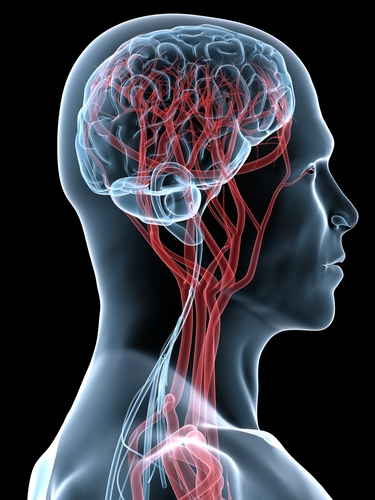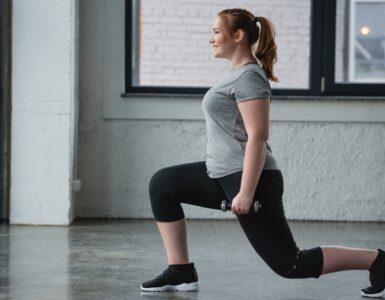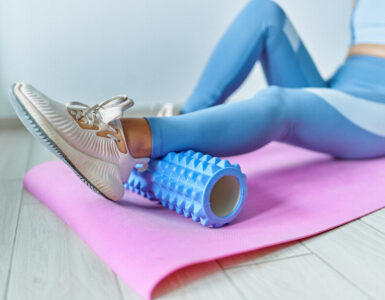Approximately five million people are living with the after-effects of a stroke, a leading cause of disability among adults in the United States.
Steven R. Edgley, M.D., is medical director for stroke rehabilitation program and a stroke survivor himself, having suffered a stroke during his first year of residency. During the course of his own rehab, he realized there was a great need for excellent stroke rehab and care, prompting his decision to go into this specialty.
Recovery Process
• Unfortunately, when a stroke survivor leaves the hospital, he or she is not cured. Some of the complications include spasticity (muscle spasms) that impair a person’s ability to walk or move easily as well as poor fitness because a patient can’t do traditional exercises and may feel they don’t have the potential to improve.
• About 31% of stroke survivors need help caring for themselves and approximately 20% need help walking.
• Continued physical activity and specialized therapy can help improve a stroke survivor’s quality of life, providing independence and lowering the risk of a future stroke or heart disease.
• In addition, there is potential for recovery several years after the initial stroke.
Stroke Recovery at University Rehabilitation and Wellness Clinic
• University of Utah Health Care provides the only stroke rehab specialty program in the region.
• What this means is that the program has a network of professionals to monitor a patient throughout their continuum of care – from the hospital and rehab to home and outpatient services. The U’s team is comprised of physicians, nurses, physical therapists, psychologists, dieticians, case managers and social workers who specialize in treating only stroke patients.
• People who have had a stroke should be followed by a physician who will challenge them and ensure their functional capacity is pushed.
• Some patients may recover more fully than others. But everyone deserves the chance to recover to their full potential through expert care and rehab services.
For more information, contact University of Utah Health Care’s Rehabilitation and Wellness Clinic at (801) 587-3835 or visit www.healthcare.utah.edu.















Add comment